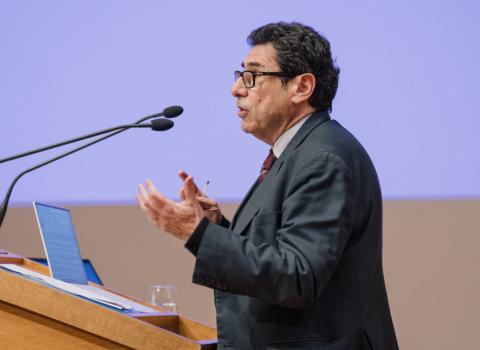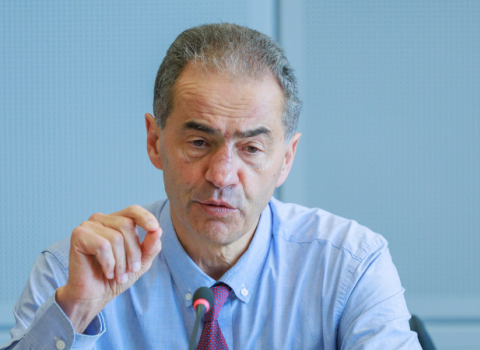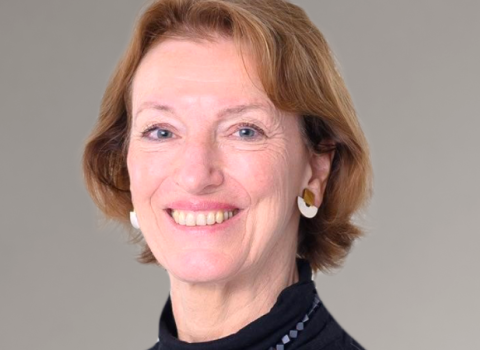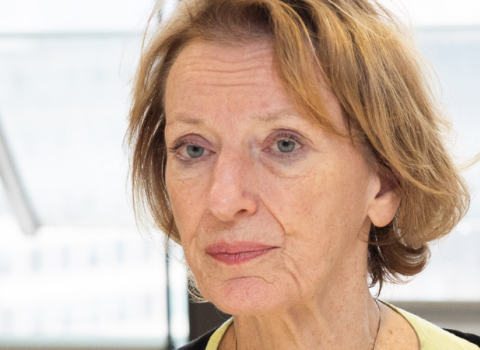The European Research Council (ERC) has struck a deal with South Korea, making it easier for early-career Korean scientists to join ERC research teams.
Under the agreement ERC grant holders will be able to host leading researchers from Korea for six to twelve months. ERC President Nowotny said the move, “Is a further important step in the mission of the ERC to make Europe an attractive place for frontier research.”
The signing of the agreement on 8 November by the Korean Minister of Science, ICT and Future Planning, Choi Mun Kee, and EU Commissioner for Research, Innovation and Science, Máire Geoghegan-Quinn, coincided with the launch of the Korean Research and Innovation Centre – Europe (KIC-Europe). The centre in Brussels, aims to promote greater exchange of information and personnel, and the formation of research and innovation networks.
Sean Ok Kim, Director General of the Korean Ministry for Science, ICT and Future Planning (MSIP), described the partnership as a “watershed moment”. While the collaboration “will open the possibility for joint research activities and partnerships,” the centre will act as a “stepping stone for EU and Korean SMEs.”
ERC goes global
ERC competitions are open to researchers from anywhere in the world, but with the condition that the grantee spends at least half their time in Europe. As a result, the grants are not practical for everyone, and the new agreement with Korea is intended to address this.
It will be open to young researchers and career researchers, who will receive support from the ERC and MSIP to form part of the ERC-funded teams. The time spent in Europe can range from six to twelve months or consist of multiple short-term visits, for example, for joint experiments.
The initiative follows a similar agreement signed in 2012 with the US National Science Foundation, allowing early-career US researchers to join ERC-funded teams in Europe.
ERC Secretary General, Donald Dingwell, said he is, “delighted and not surprised that Korea is the first Asian country to form such a partnership with the ERC.” In July 2012, he visited research institutes and universities in Korea, and the researchers “Had a very quick understanding about what the ERC is all about,” Dingwell said.
Centre for Korean research in Europe
Ok Kim described the new centre in Brussels as a, “Symbol of Korea’s commitment to all aspects of science and technology.” KIC-Europe has been established as a non-profit organisation in Belgium, which Gul Woo Lee, Director General of the National Research Foundation of Korea (NRF), said emphasises its independence from the Korean government. The centre will, “Help the industrialisation of research on both sides,” he said. About ten government research agencies, research organisations and industry are preparing to participate in KIC-Europe.





 A unique international forum for public research organisations and companies to connect their external engagement with strategic interests around their R&D system.
A unique international forum for public research organisations and companies to connect their external engagement with strategic interests around their R&D system.